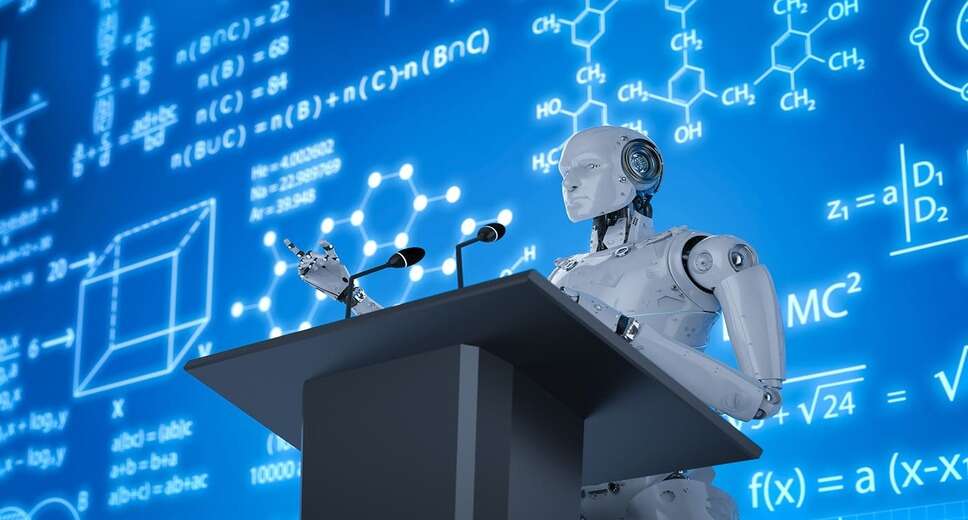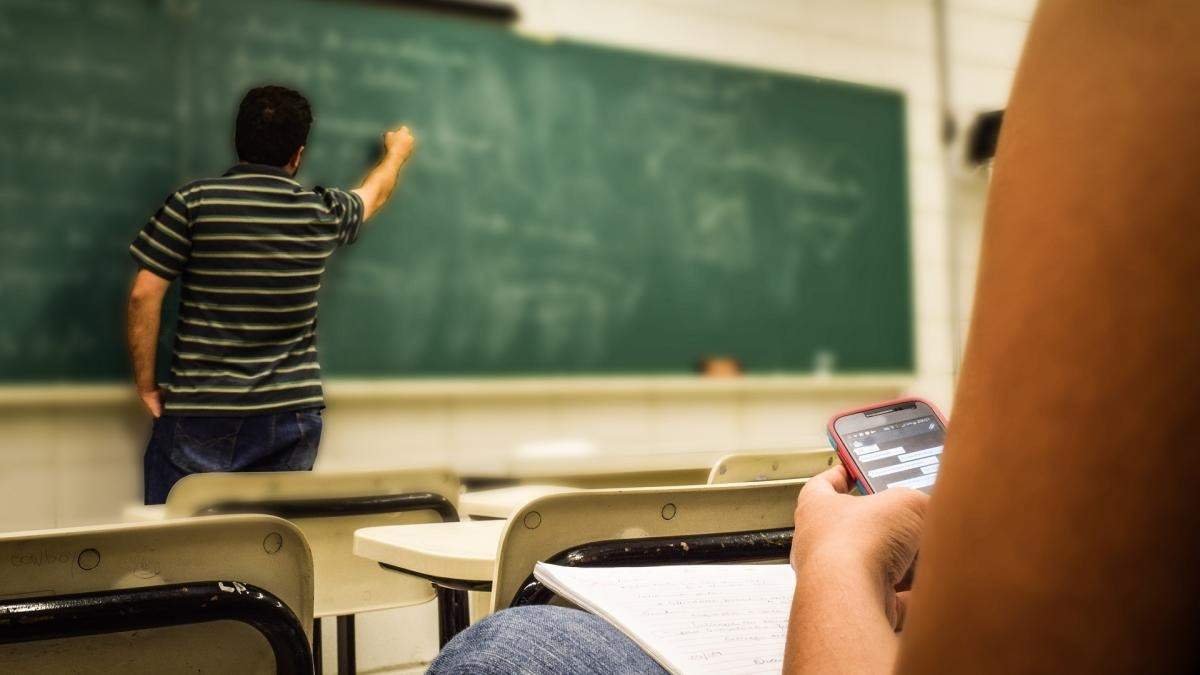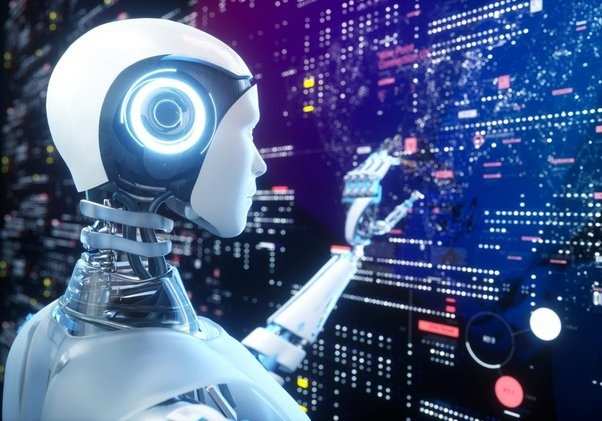Artificial Intelligence in Education: Enhancing, Not Replacing, Teachers' Roles
In the age of technological advancement, Artificial Intelligence (AI) stands as a transformative force, leaving its mark on various industries, with education being no exception. The integration of AI-powered tools, such as ChatGPT, within classrooms has opened a realm of possibilities, sparking discussions among educators about the profound impact it has on both student learning and teaching methodologies.

In the age of technological advancement, Artificial Intelligence (AI) stands as a transformative force, leaving its mark on various industries, with education being no exception. The integration of AI-powered tools, such as ChatGPT, within classrooms has opened a realm of possibilities, sparking discussions among educators about the profound impact it has on both student learning and teaching methodologies.

The Power of AI in Personalized Learning:
AI has ushered in a new era of education by offering students personalized learning experiences and immediate guidance through chatbots like ChatGPT. These virtual assistants can swiftly address student queries, elucidate complex concepts, and streamline the learning process. However, it raises questions about overreliance on AI-generated content without ensuring its accuracy.
Concerns Over Repetition and Critical Thinking:
Archana Singh, Academic Coordinator at Amity International School, Saket, voices concerns about the repetitive nature of content generated by AI tools. She highlights that excessive exposure to such content may impede critical thinking and analytical skills among students.

The Human Element in Education:
While educators embrace AI's potential, they cautiously weigh its potential drawbacks, such as the reduction of human interaction in teaching. Human educators emphasize the indispensable role they play, providing emotional connection and guidance that AI lacks. AI's inability to interpret nonverbal cues and contextual subtleties limits its capacity to understand and address students' emotional and psychological needs, as noted by Sameer Arora, Vice Principal at Shiv Nadar School, Gurgaon.
The Role of Teachers in the AI Era:
Teachers are seen as irreplaceable mentors who inspire curiosity, adapt to individual student needs, and foster critical thinking and interpersonal skills crucial for holistic development, according to Alka Kapur, Principal at Modern Public School, Shalimar Bagh.
AI as a Supportive Tool, Not a Replacement:
There's a growing consensus that AI should complement educators rather than supplant them. Balancing AI's advantages with human interaction traits like empathy and critical thinking is crucial. Teachers are pivotal in teaching students how to effectively utilize AI while encouraging them to critically assess the information provided by AI platforms.
Revamping Educational Frameworks:
Sameer Arora suggests that educational institutions should explore teaching students effective inquiry using Generative AI. He believes that tools like ChatGPT should prompt educators and institutions to reconsider assignment models and strategies to align with AI integration.
AI Enhancing, Not Replacing, Teacher Roles:
Dr. Abhinanda Sarkar, Faculty Director at Great Learning, emphasizes that AI will not replace teachers but will redefine certain aspects of their roles. It will free up teachers' time to provide the human touch in education, including values inculcation and mentoring towards success. He illustrates how AI can assist in lesson preparation, homework guidance, and creative examination design, ultimately enhancing the teaching experience.
Education's Unwavering Mission:
While opinions on AI in education vary, educators remain steadfast in their commitment to nurturing well-rounded, knowledgeable individuals. The ongoing debate surrounding AI's role in education reflects the profession's dedication to providing students with the best learning opportunities in an ever-evolving landscape.
